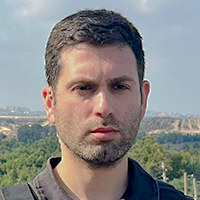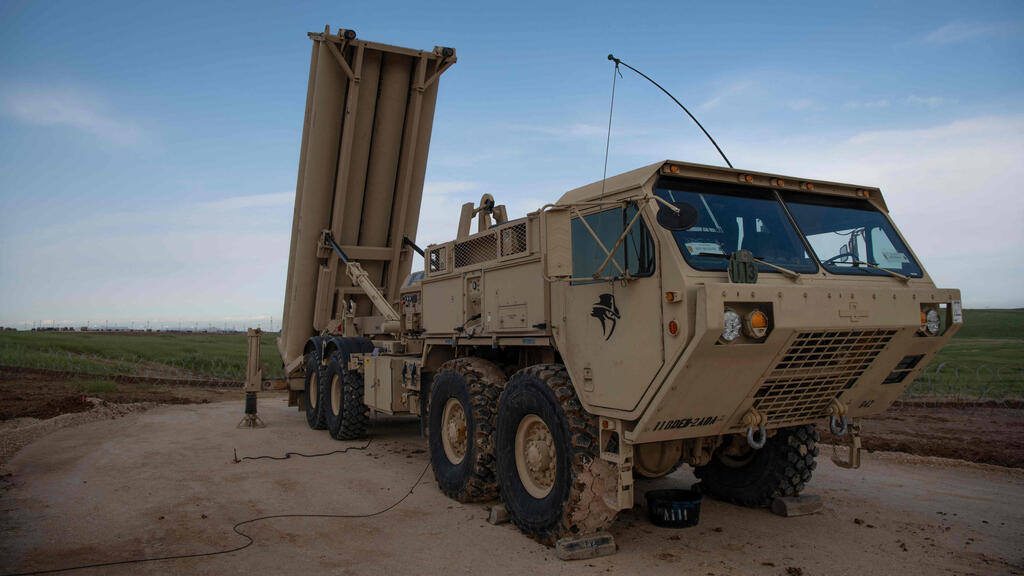The missile launch occurred against the backdrop of Israel's extensive air operation, "Operation Sounds of the Vineyard," targeting Houthi positions in Yemen on Thursday night. The operation, described as Israel's most significant strike against the terror group to date, prompted the missile launch in retaliation.
Sirens blared across central Israel, including the Tel Aviv area, Sharon, and Shfela regions, at 3:29 a.m. The interception prevented any casualties or direct damage. However, Magen David Adom (MDA) reported treating 18 people for injuries sustained while rushing to shelters. Two others were treated for anxiety.
The missile launch briefly disrupted air travel. Four El Al flights en route to Ben Gurion Airport from Paris, Athens, Berlin, and Munich were rerouted over the Mediterranean. Landings resumed approximately 30 minutes after the sirens ceased.
Get the Ynetnews app on your smartphone: Google Play: https://bit.ly/4eJ37pE | Apple App Store: https://bit.ly/3ZL7iNv
Meanwhile, France condemned the Houthi attacks, including the ballistic missile launch and ongoing drone strikes against Israel. The French Ministry of Foreign Affairs called the attacks "unacceptable," stating they undermine regional stability and must stop. France reaffirmed its commitment to Israel’s security and regional stability.
The THAAD system, operated by approximately 100 U.S. soldiers stationed in Israel, is designed to intercept missiles at high altitudes, even outside the atmosphere, using kinetic energy. Similar in capability to Israel’s Arrow missile defense system, THAAD can target various stages of an enemy missile's flight path.
The U.S. deployed the THAAD system to Israel at its request, both as a strategic deterrent and a display of military support in the region. Israeli officials view THAAD as a significant enhancement to the country’s multi-layered air defense systems, particularly in light of escalating threats, including from Iran.




